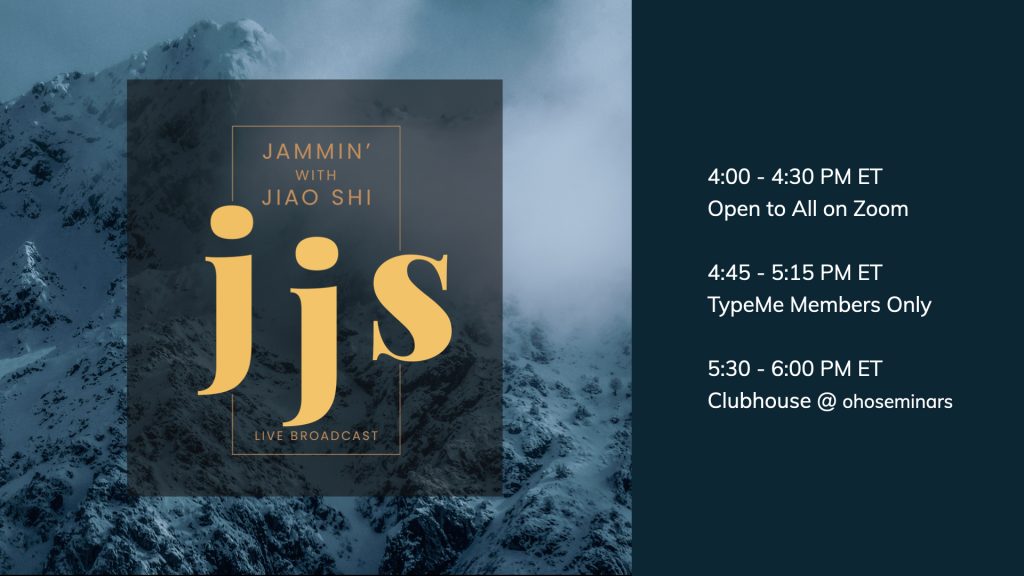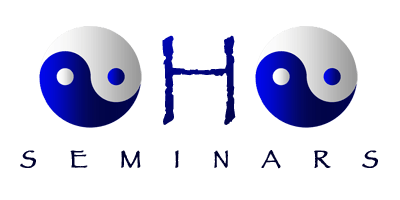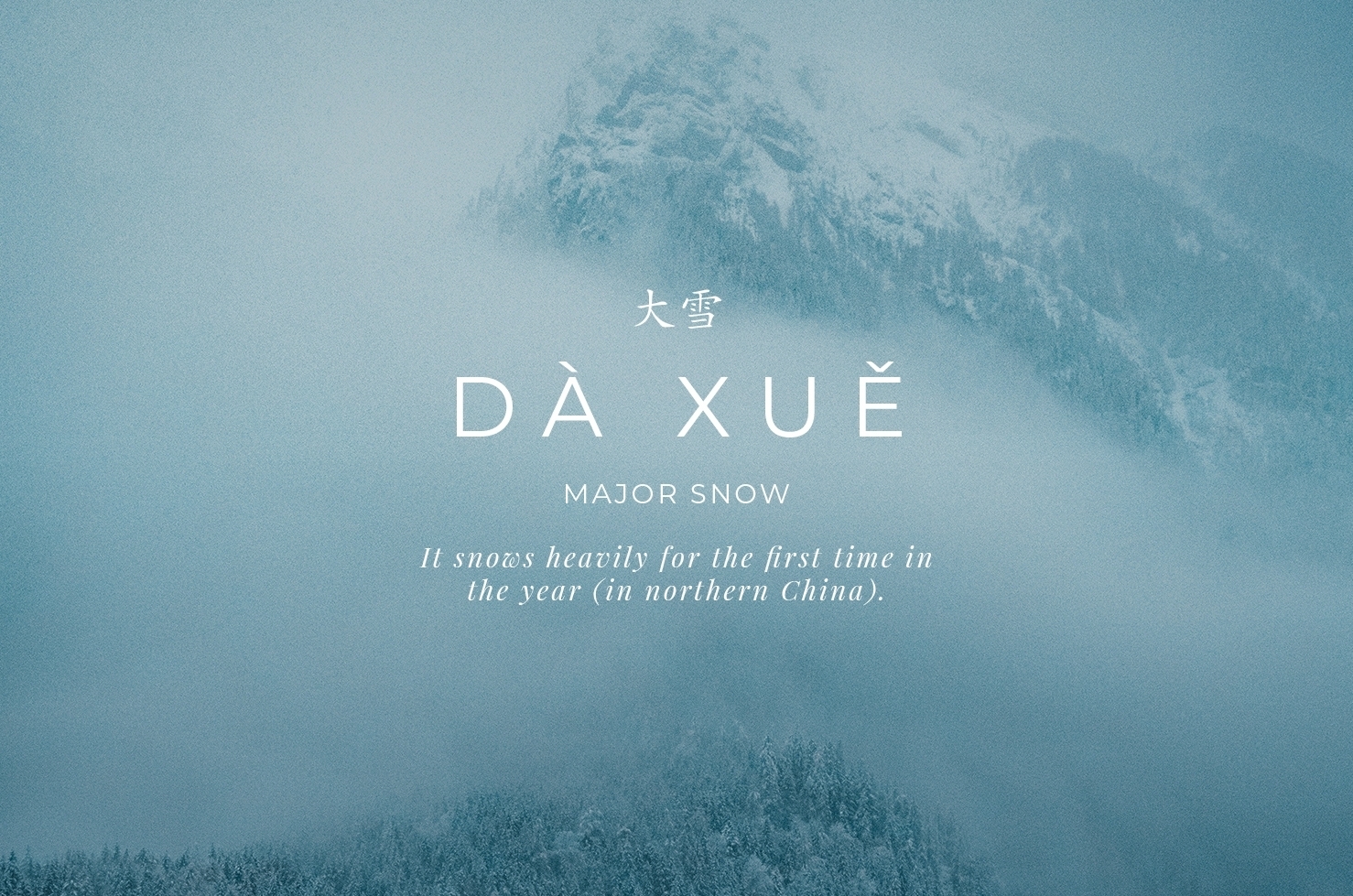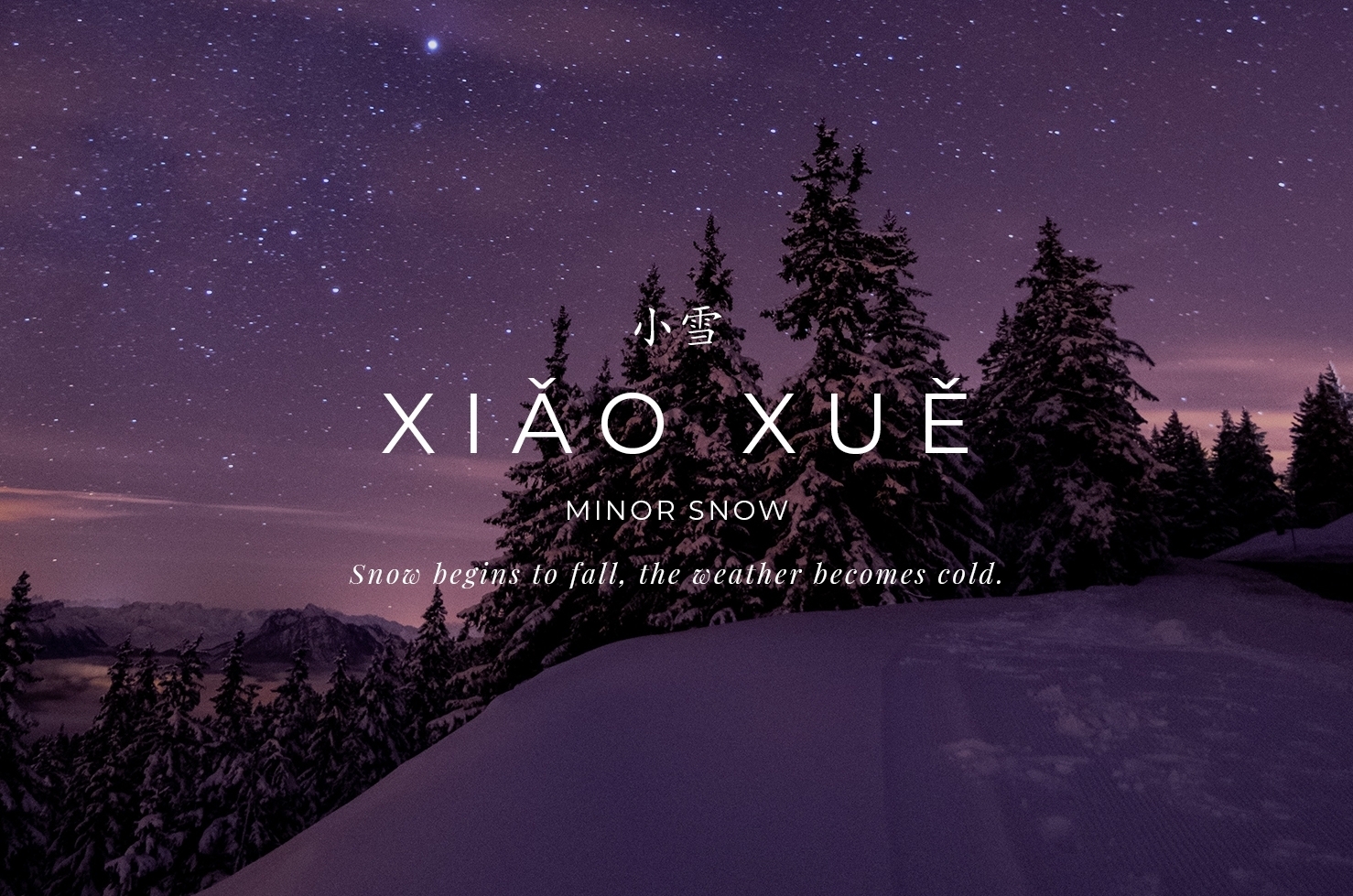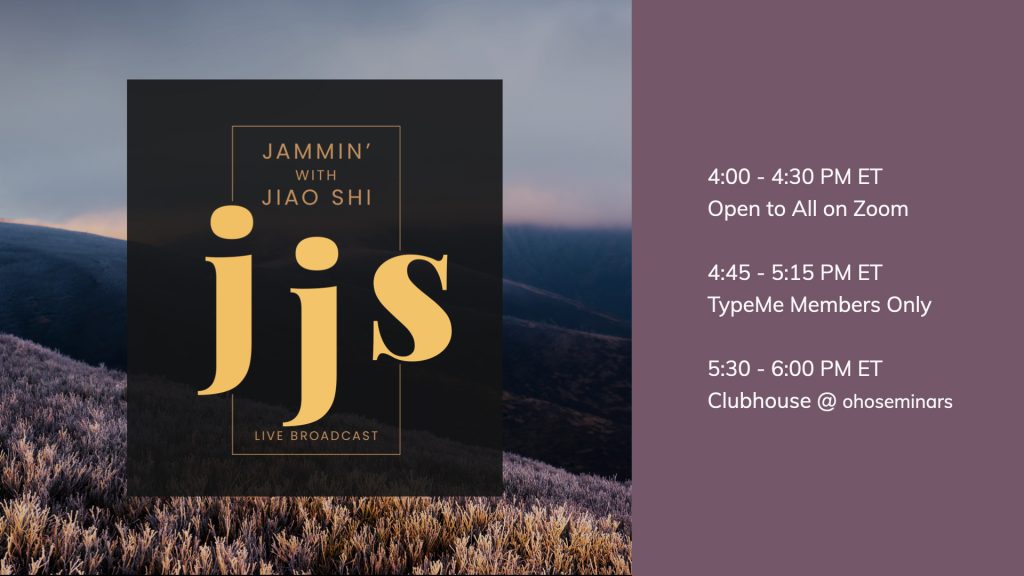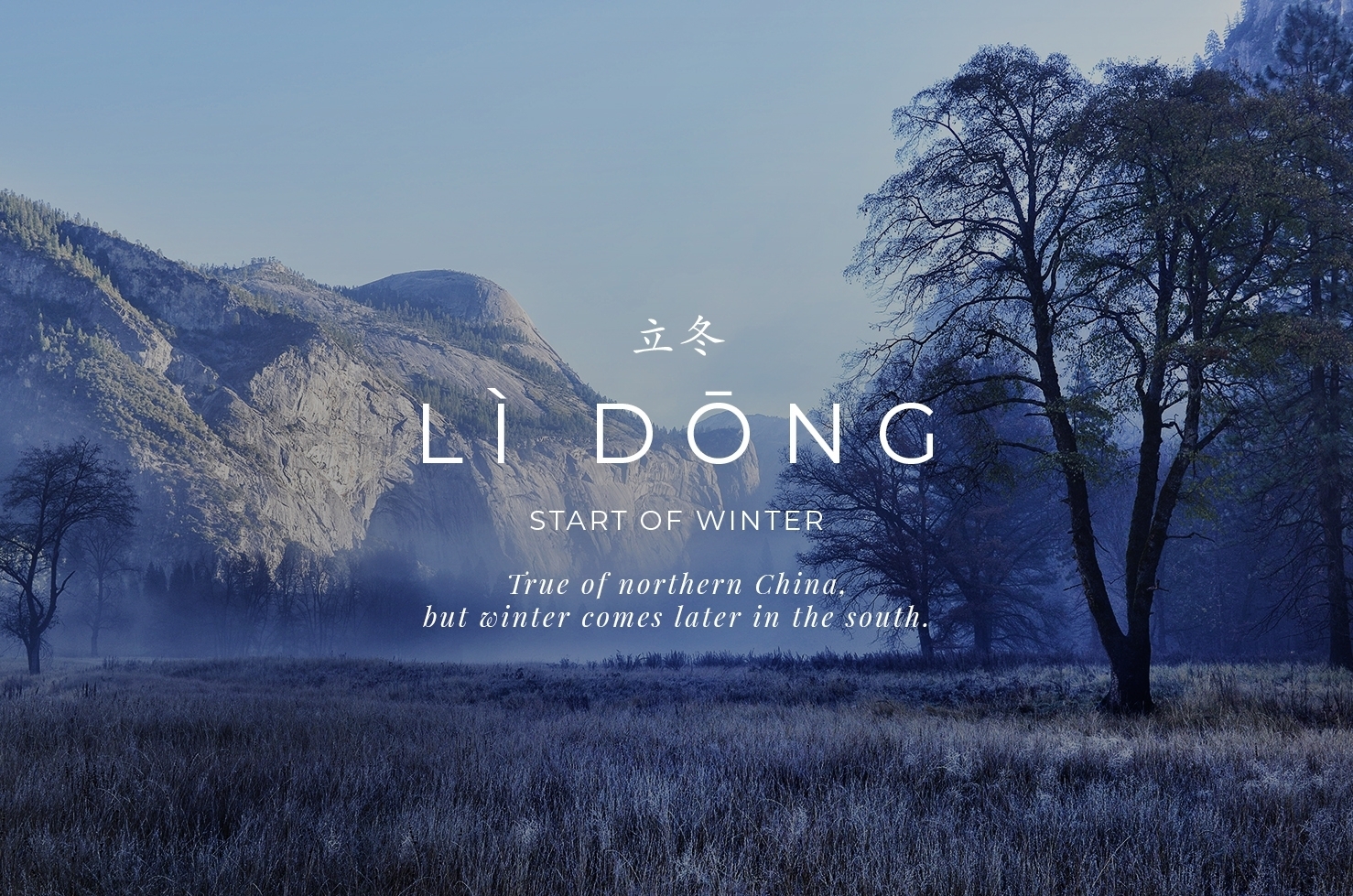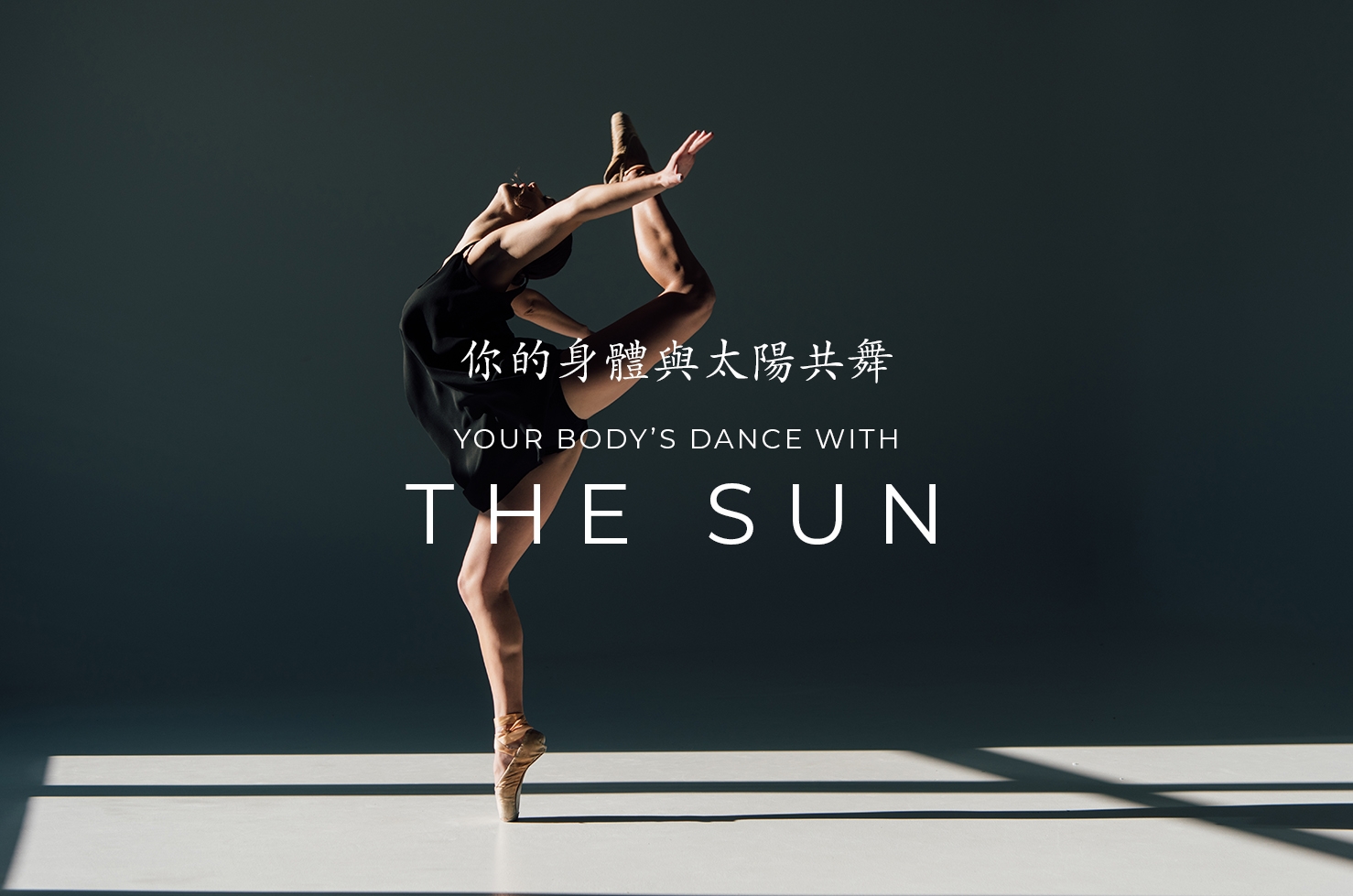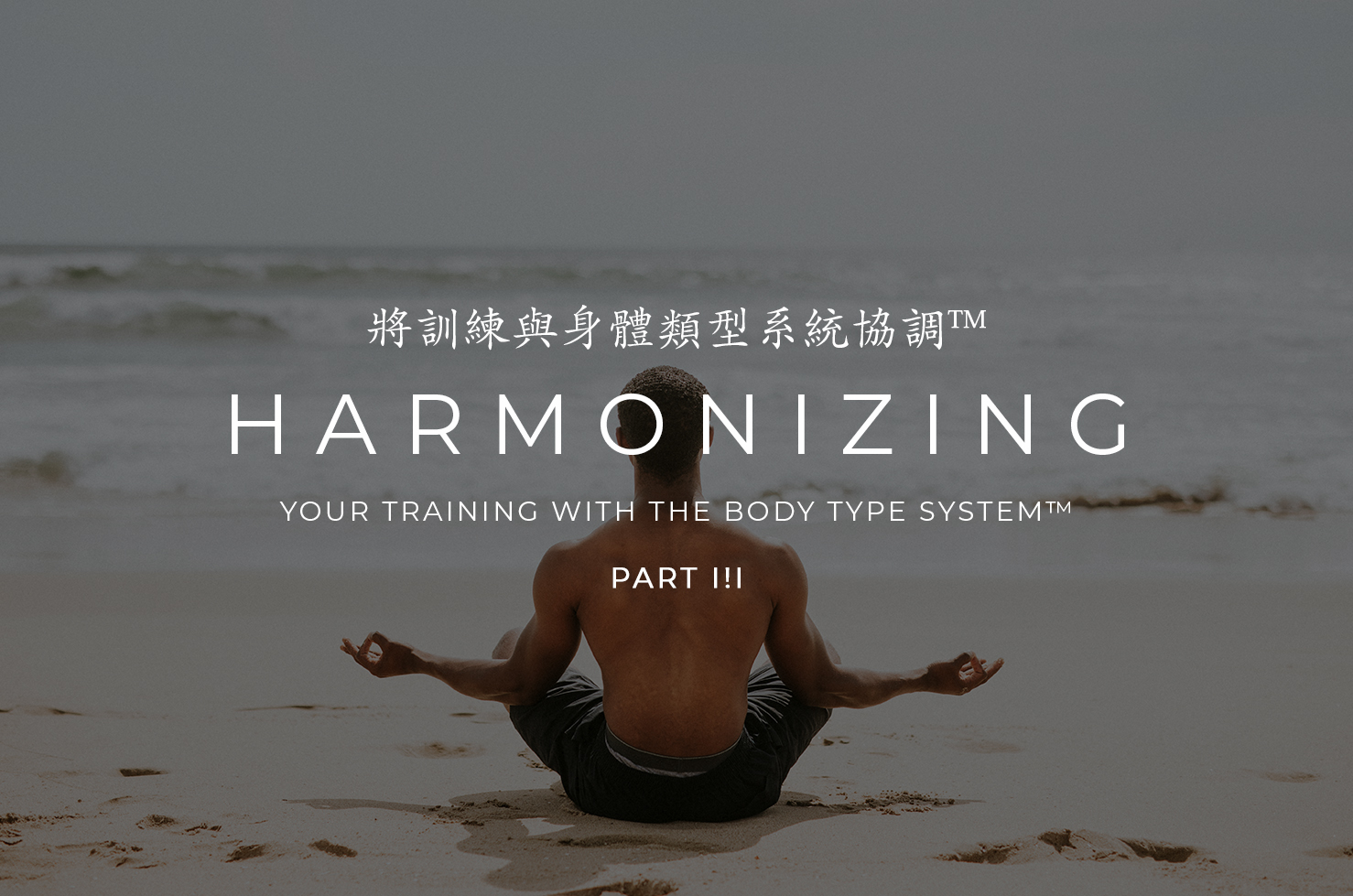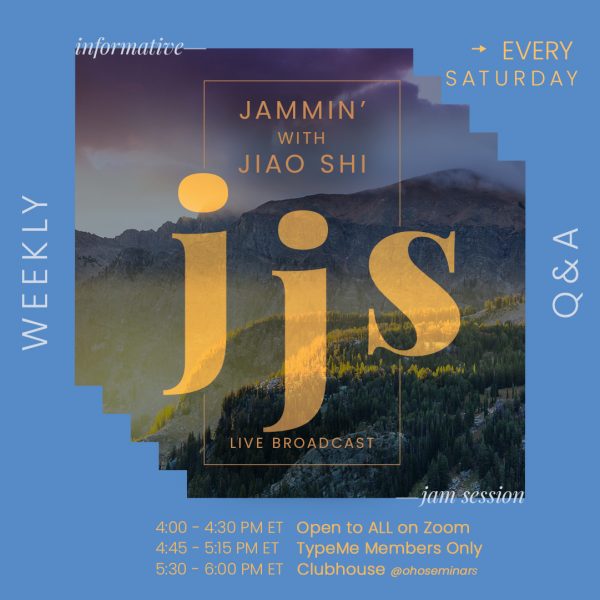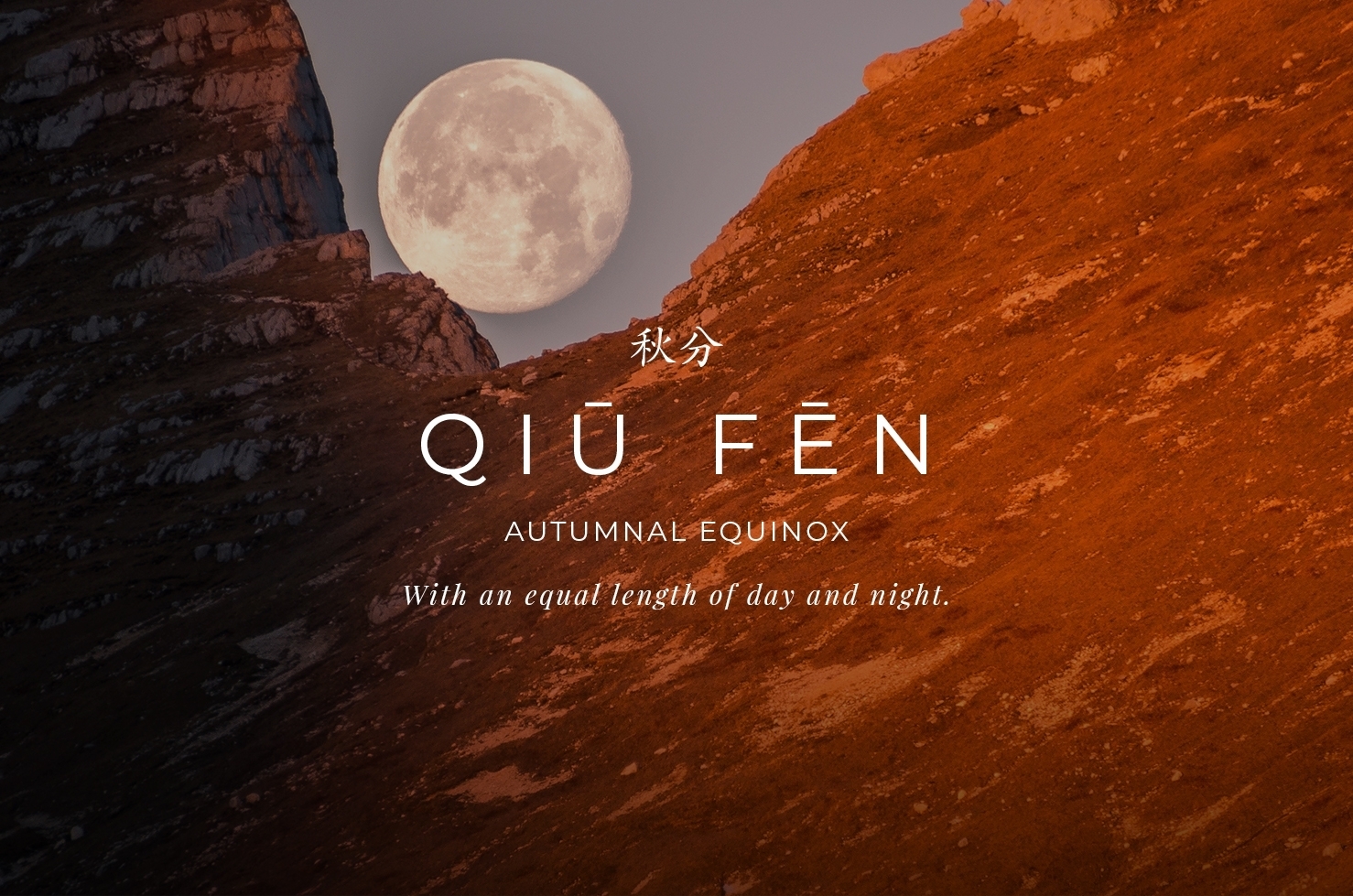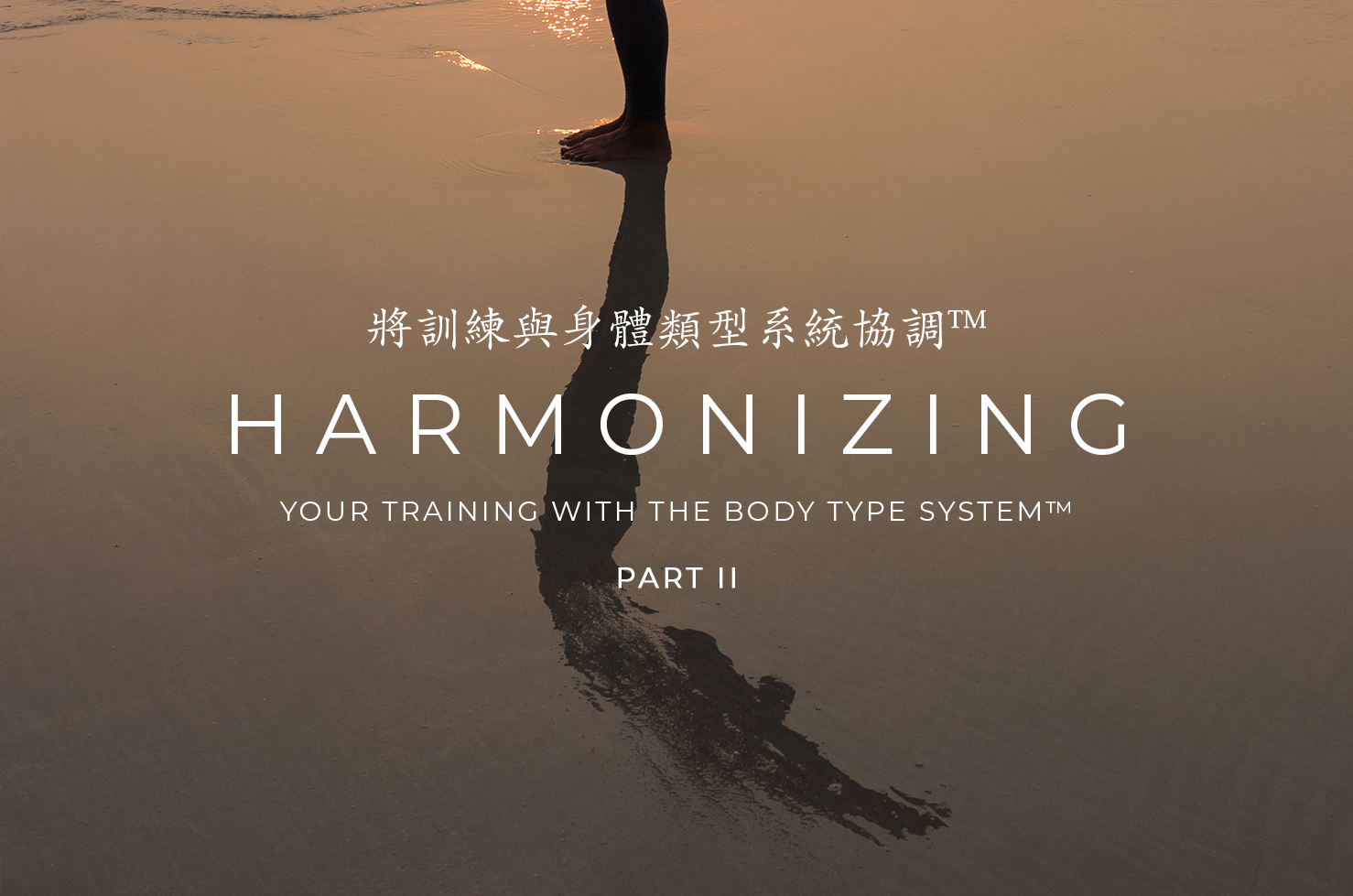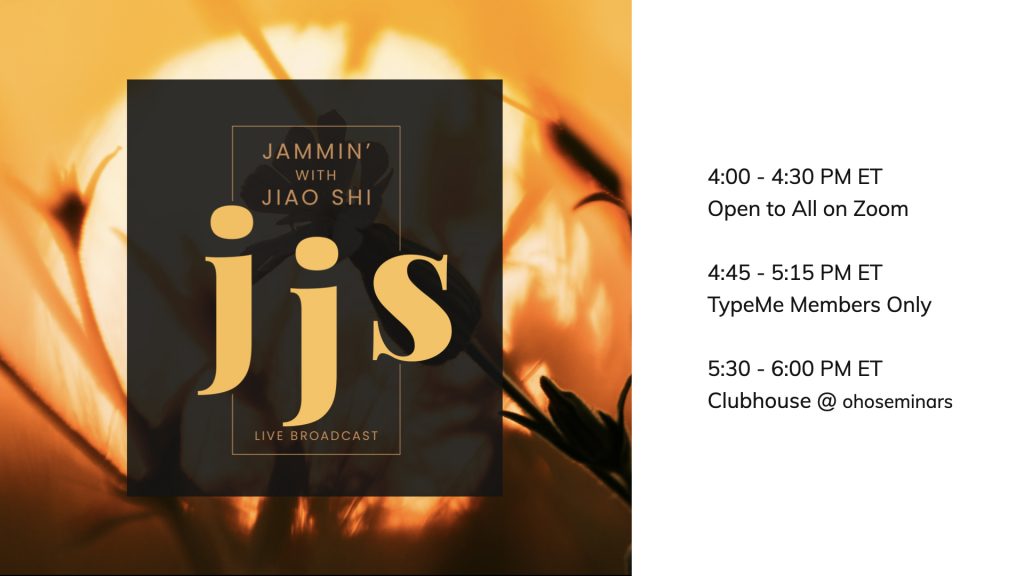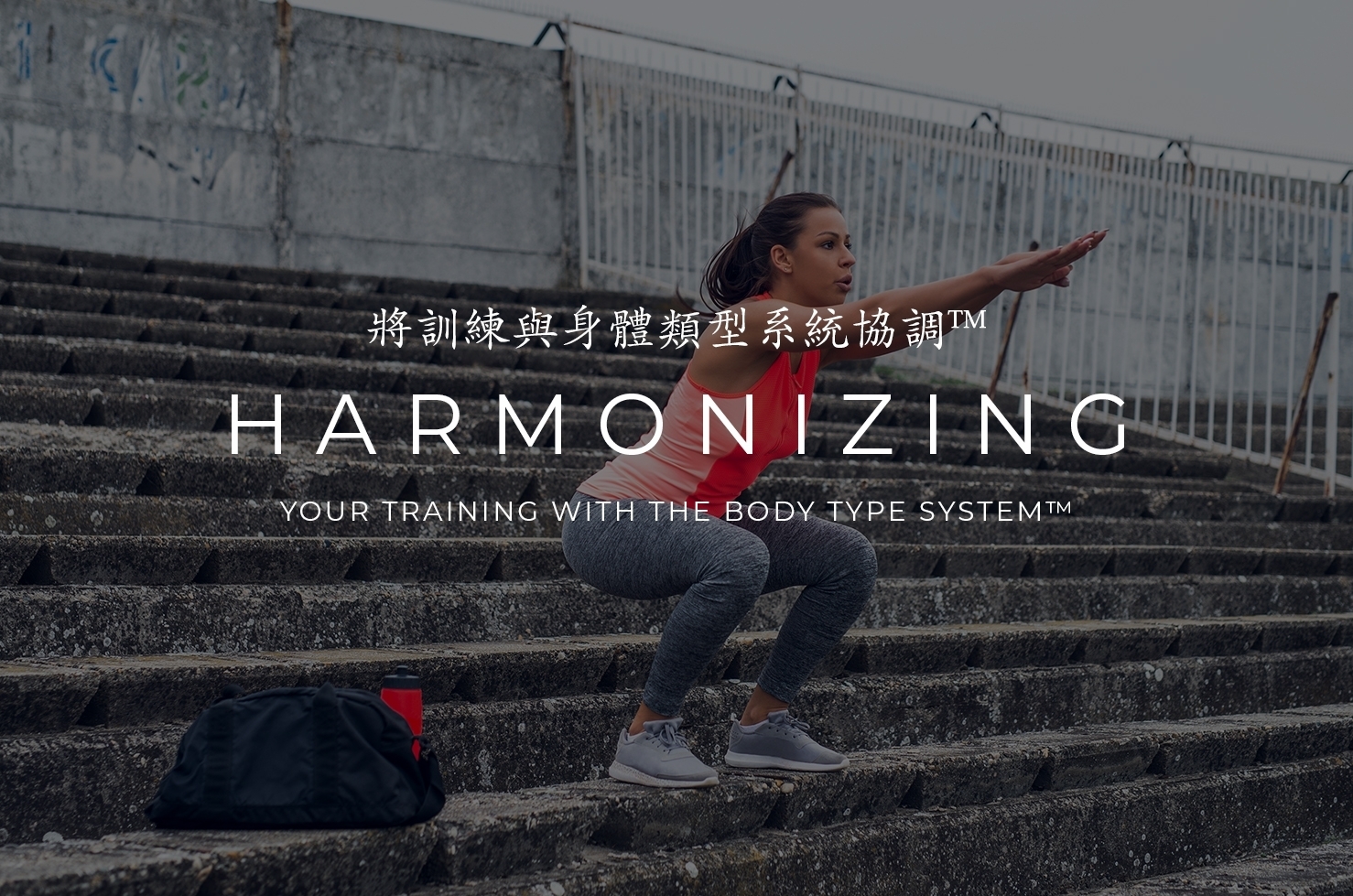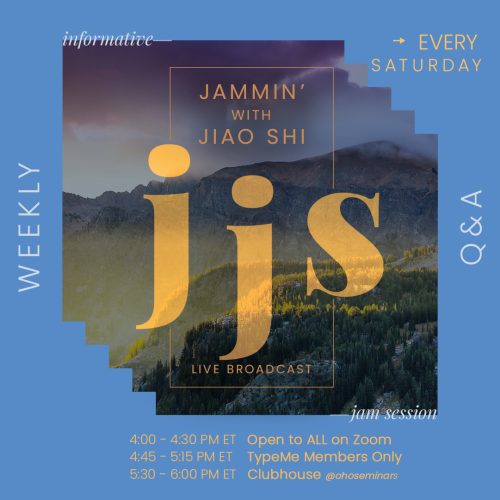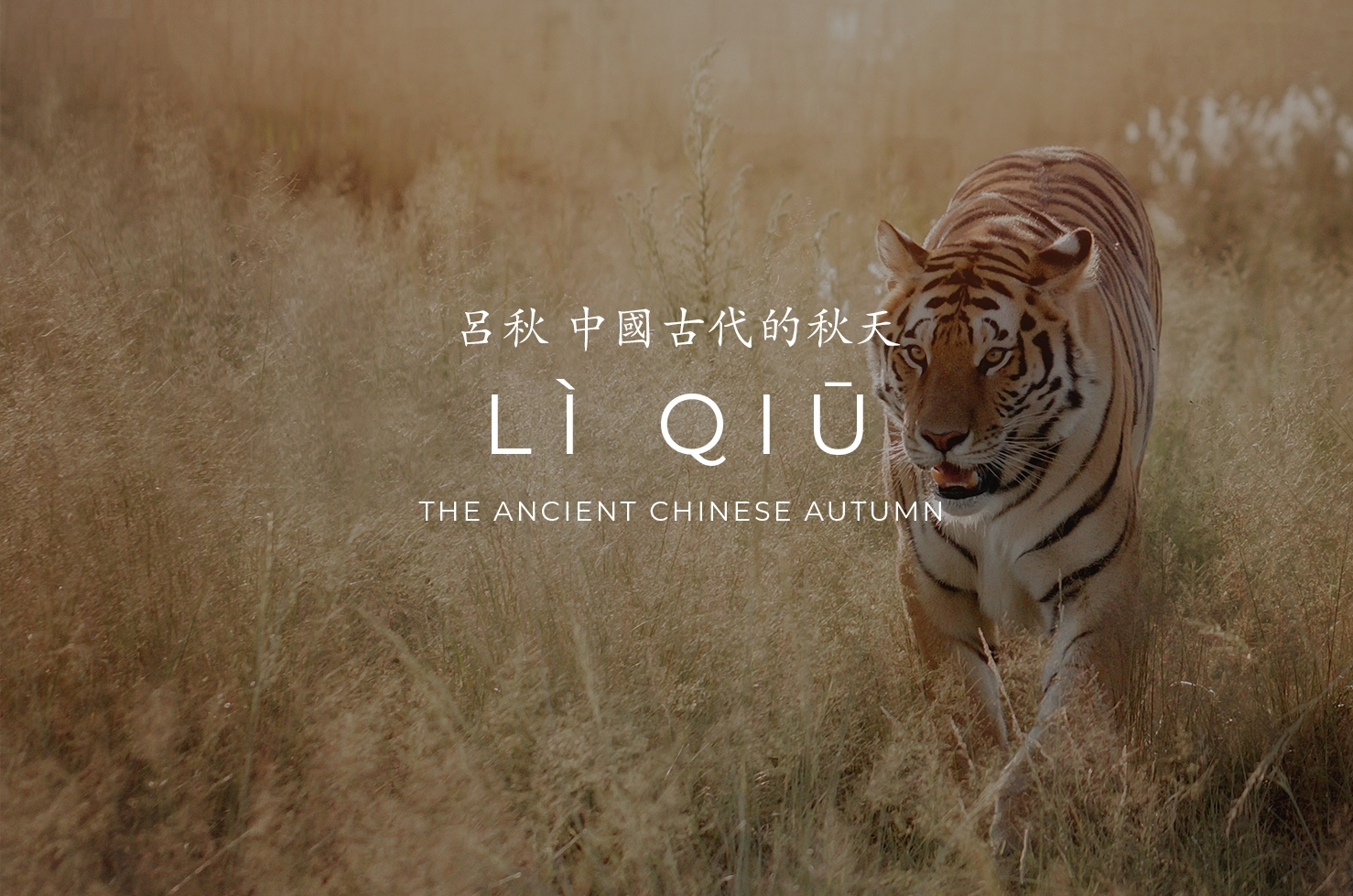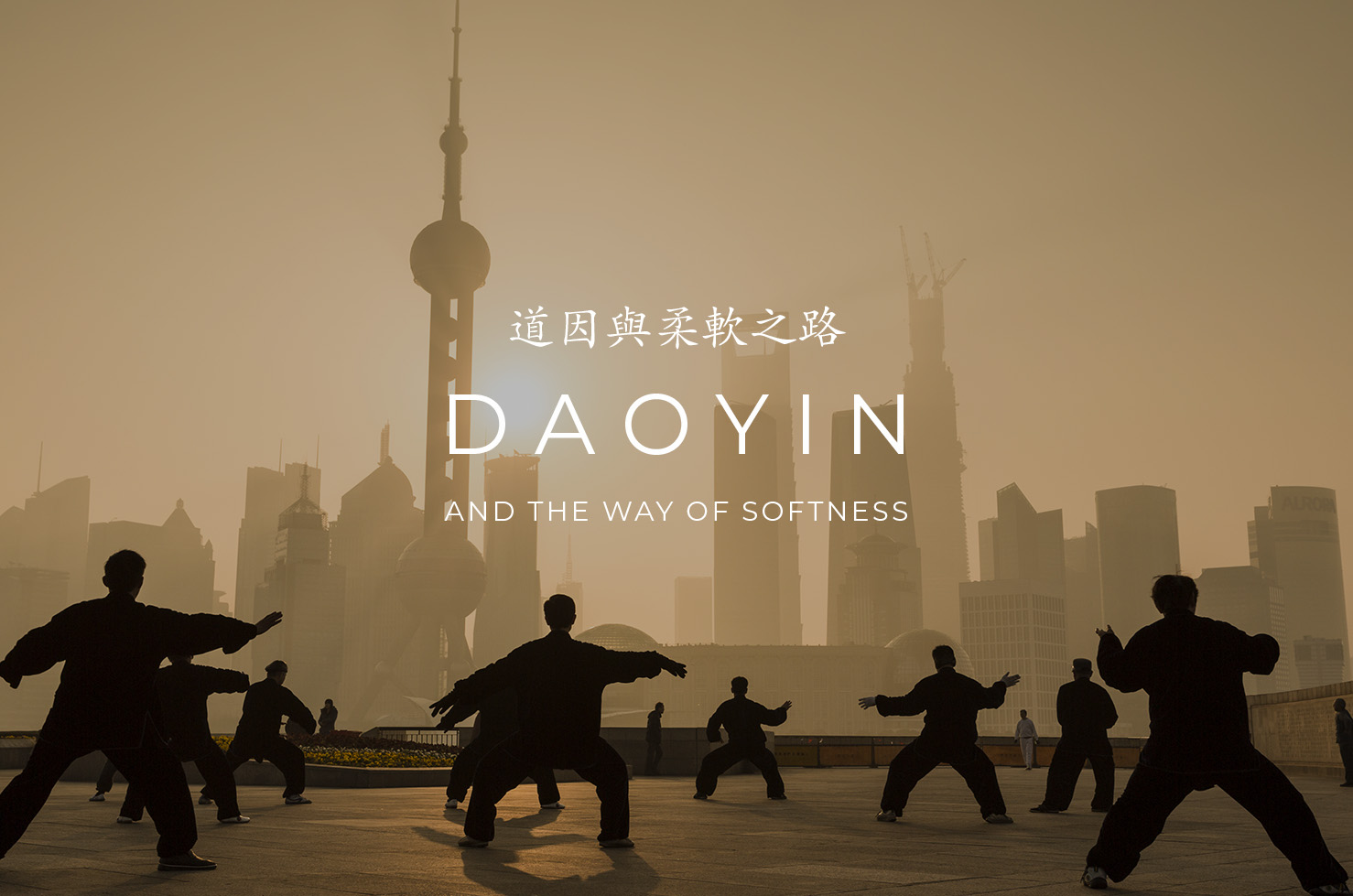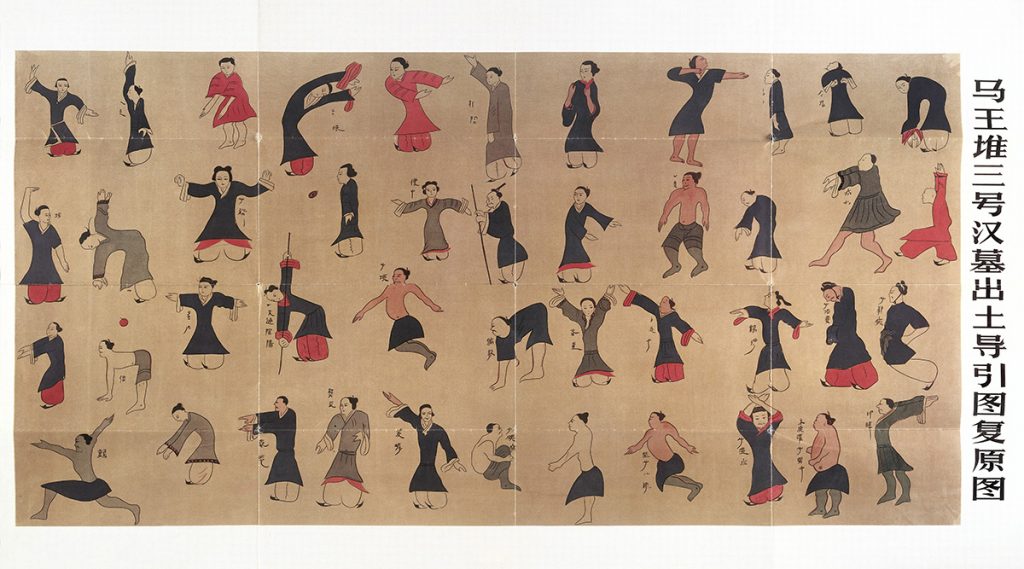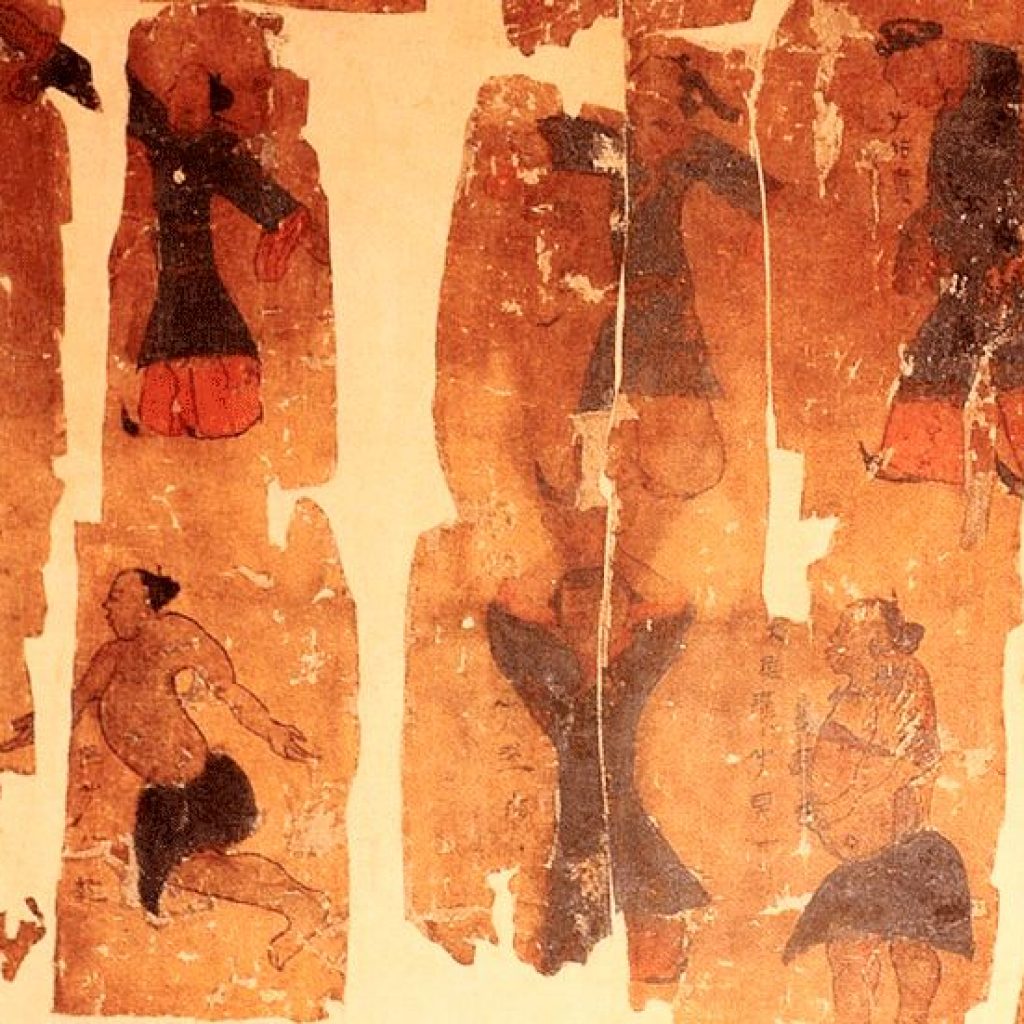Dà Xuě: Major Snow
大雪 Dà Xuě: Major Snow
December 7th through December 20th marks the time of 大雪 Dà Xuě, or Major Snow, the 21st term in the Ancient Chinese solar calendar and 3rd portion of Winter. It begins when the Sun reaches the celestial longitude of 255° and ends when it reaches the longitude of 270°e of 240°.
The temperature drops significantly in Northern China and across the Northern Hemisphere as snowfall increases and dryness ensues. According to the Ancient Chinese, during this period it is especially important to prevent the outbreak of respiratory illnesses by wearing a warm scarf to protect the neck, drinking water, and practicing daily Dao Yin exercises.
Plum blossoms begin to flower in southern China, and sometimes bloom even earlier. This beautiful tree, which originated in China, is revered in Chinese culture for its resilience during severe winters. It is considered one of the Three Friends of Winter along with the pine tree and bamboo.
大 Dà means “big, great or major,” and 雪 Xuě is “snow.” It is said that “A fall of seasonal snow gives promise of a fruitful year.”
Winter According to The Ancients
Hot porridge is believed to help warm and nourish the body in cold weather. In China, it is customary to eat red bean porridge on the first day of Major Snow and eight-treasure porridge on the eighth day of the last month of the lunar year. In addition, there are other varieties such as wheat porridge, sesame porridge, radish porridge, walnut porridge and tuckahoe porridge – something for every Body Type!
梅花 Plum Blossoms
A Famous Poem from the Song Dynasty:
梅花 Plum Blossoms
By Wang Anshi
“At a wall corner some plum trees grow;
Alone against cold white blossoms blow.
Aloof one knows they aren’t the snow,
As faint through air soft fragrances flow.”
Enjoy the natural landscapes all over China during Major Snow!
May you continue to balance and harmonize yourself as we transition into 大雪 Dà Xuě. Enjoy the beautiful story of Hua Tuo below, and stay warm!
Hua Tuo, The Innkeeper & Two Men
“In the ninth day of the ninth month is the double ninth festival. A group of young men from a rich family were in a bar at an inn to see who could eat the most crabs. The big crabs had much flesh with yellow, delicious oil. All of the young men found that the more they ate, the more delicious the food became. The empty shells on the table were like a small tower.
Hua Tuo brought his apprentices to the inn to have a drink. He saw the group of young men. He thought they were crazy for trying to outdo each other in devouring crabs. Hua Tuo kindly advised them that the crabs were cold in character and that they shouldn’t eat too much.
“Young men you have your match to see who can eat the most crabs. It is not a good thing.”
The young men felt quite unhappy with the words of the old doctor, “We have the food that we buy with our own money. Who cares what you have to say!”
Hua Tuo advised, “If you have too much of the crabs you will get diarrhea. Then maybe risk your lives.”
One young man hastened, “Go, go, go. Don’t come here to frighten other people. We are just eating crabs. It is none of your concern.”
The young man who said these words was drunk. He did not heed the advice of Hua Tuo. The young men continued to eat and drink to their hearts’ content.
One cried out loudly, “Crab is a delicious food. Has anyone heard anything as ridiculous as they can kill people? We are at the limits of our stomach. We just make the old man envious.”
Hua Tuo found that the young men were making much noise, were unreasonable, and would not follow his advice. So he decided to say something to the master of the inn.
“Don’t sell anymore crab to them. The food can endanger human life.”
The innkeeper was more interested in the money of the customers than the words of Hua Tuo.
With an angry tone he snapped, “This matter is none of your business! Don’t meddle in my matters.”
Hua Tuo sighed heavily and sat down to have his own drink. Until midnight, the group of young men kept eating. Suddenly, one fell to the floor and doubled over in abdominal pain. Soon, the others followed. Their pain was so intense that they began to sweat profusely. They were on the floor writhing with pain.
The master of the inn became terribly frightened and dumbfounded.
“What is the matter with you boys?” he asked nervously.
“We have much pain, please ask a doctor to help us.”
“In the depth of night, where can I find a doctor!” the innkeeper cried.
“We entreat you to charitably achieve this good act, if no doctor comes to see us, we may lose our lives!”
By that time Hua Tuo came over and said, “I am a doctor.”
The young people were surprised and their faces turned red with embarrassment. They thought that the old person asked them not to have too many crabs because he was jealous. Now they lose face as they had turned away the words of the old man. Doubled over in pain, they clutched their abdomens with both hands.
They begged Hua Tuo, “Please cure our disease.”
Hua Tuo laughed, “Just now you said you don’t need me to manage your business.”
“Your Excellency, please forget our villainous words,” one young man pleaded.
Another added, “Please good doctor, show your mercy upon us. How much money would you like, it is no problem. We only ask you to save our lives.”
“I don’t need money.”
“If you want anything else, just name it!” the boys replied.
“I only ask you to agree to one thing.”
“One thing, one thousand, ten thousand things, we will do! Please offer your demand quickly!”
“From now on,” Hua Tuo said, “you should accept the advice of older persons. Don’t run wild again.”
“Certainly, certainly, whatever you ask, please save our lives quickly, please!”
Hua Tuo left them to await his return. He went to get his apprentices and sent them to a wild area to collect a purple-colored herb. They harvested the stems and the leaves of the herb and decocted them for the young men. After drinking the decoction, their abdominal pain stopped.
Hua Tuo asked, “How do you feel after drinking the medicine?”
“Much more comfortable,” they replied.
Hua Tuo thought to himself, hmmm, the herb hasn’t a name. He then said aloud, “After consuming this herb people have a comfortable feeling, so from now one we will call it purple comfortable herb.”
The young people gave thousands and thousands of thanks, said good-bye and left.
Hua Tuo scolded the innkeeper, “How dangerous. From now on, you must pay attention to more than just earning money. You must pay attention to the lives of others!”
The innkeeper solemnly nodded his head again and again.
When Hua Tuo left the inn, the apprentices asked him, “The leaves of the purple herb can expel the poison of crabs? Which book recorded this knowledge?”
Hua Tuo told his apprentices. “None of the ben cao [Chinese herbals] mentions this. I learned it from an animal.”
The story is this: One day I was in the mountains in the south part of the Yangtze River to collect some drugs. I saw a common otter. The otter caught a very big fish, spent a long time eating it, and finally swallowed it. His abdomen was swollen, as full as a drum. Then the otter spent time in the water, and time on the bank, time lying without moving, and time turning from side to side, as if writhing in pain. We can guess that the common otter was very uncomfortable. At last, the otter crept to the bank to a clump of purple plants. The otter ate some leaves of the herb and then laid down for a rest. Unexpectedly, nothing happened. Hua Tuo thought that the fish character belonged to cold and that the purple herb character belonged to warm.
“I thought that the purple herb could expel the fish poison. Since this time I remembered this in my mind,” he told his apprentices with a glint in his eye.”
Story Credit: https://www.herbalgram.org/resources/herbalgram/issues/82/table-of-contents/article3397/
Don’t forget to check out the newest videos on our YouTube Channel!
